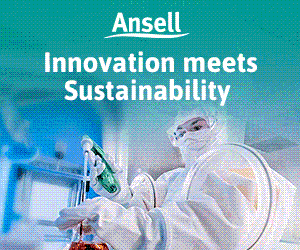The Royal Brisbane and Women's Hospital (RBWH) has invested AUD$6.11 million to expand the "hot lab", its nuclear medicine centre.
The multimillion-dollar project has allowed the facility to double capacity to produce radioactive pharmaceuticals used to diagnose and treat patients throughout Queensland.
The lab expansion will mean shorter waiting lists for Queenslanders requiring diagnostic imaging and monitoring of treatment. The Hot Lab is part of the hospital's Radiopharmaceutical Centre for Excellence (Q-TRaCE)
RBWH produces a wide range of radioactive tracers that are shipped to Queensland Health facilities across the state. In the past 12 months, nearly 9,000 patients across Queensland have benefited from a radioactive tracer manufactured at the hot lab.
Q-TRaCE Manager, Dr Marissa Bartlett, said the demand for radiopharmaceuticals has outweighed availability.
Prior to the expansion radiochemists and researchers worked in the same lab, slowing down the pace of research
"The expansion has created a state-of-the-art facility; we now have eight synthesis stations or double the capacity to meet growing demand, and a dedicated lab for researchers to work on some of our greatest challenges," Dr Bartlett said.
"Prior to the expansion radiochemists and researchers worked in the same lab, slowing down the pace of research. The separate space means researchers will have more opportunity to manufacture experimental radiopharmaceuticals."
Q-TRaCE researchers are also working to extend the lifespan of radioactive tracers, which are shipped to other parts of the state under substantial time constraints.
"In 2017, Q-TRaCE supplied a new form of Prostate Specific Marker Antigen (PSMA) tracer with an extended lifespan to support an Australian-first trial showing the suitability of the new compound," said Dr Bartlet.
Dr Bartlet continued: "Extending the lifespan of tracers may allow more patients in the future to be scanned or treated at regional centres, meaning less travel for patients and improved access to diagnostic imaging".
RBWH is one of only two public hospitals in the country certified by the Therapeutic Goods Administration to produce radiopharmaceuticals, and the only Queensland Health facility with a cyclotron to produce radioactive tracers.




